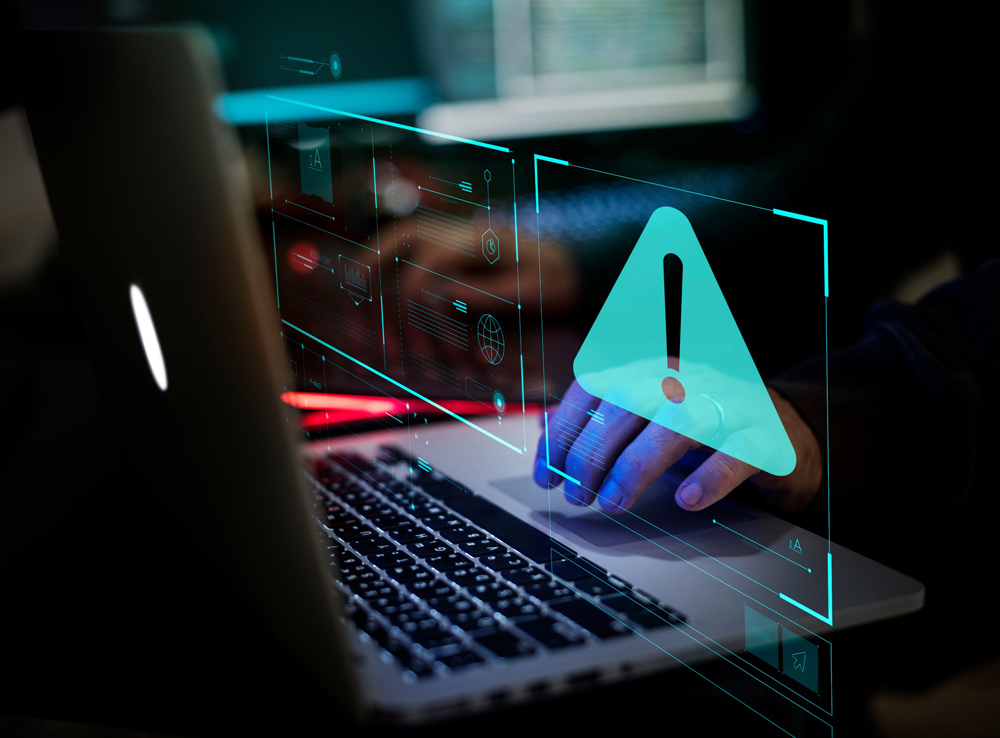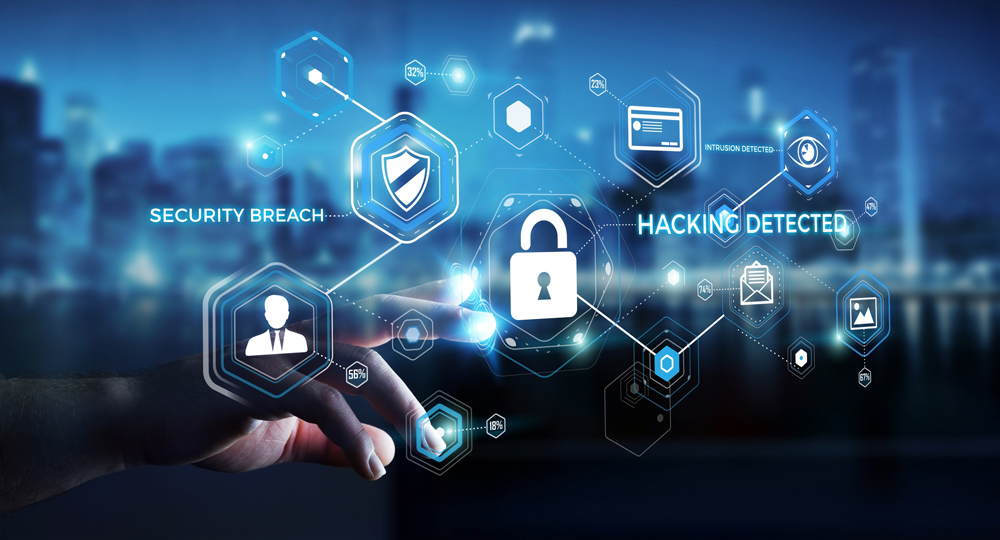In the “good old days” of private investigation, old-fashioned field work and surveillance techniques were the norm. A private investigator stayed on the case, followed clues, talked to informants, and doggedly tailed someone to get the information needed for a client. These days, however, a private investigator hardly has to get out of the office to affect a credible surveillance.
Software and technology have so much more to offer now that the game is changing entirely. With any advance, though, there are always a few negatives. When used properly, software and technology are great but, when the investigator crosses the line, problems and lawsuits can arise. That is why it is still necessary to carry comprehensive insurance coverage to minimize private investigation risks.
How Private Investigators Can Lose the Game by Mismanaging Software and Technology
It is one thing to sit in a car with a camera and take photos of those under surveillance, but quite a different story to use a hidden camera to obtain audio and video information. Some people willingly share their life on social media, but can a private investigator use a false identity to follow that person? Controversy arose when law enforcement officials used DNA databases to search for suspected criminals – are private investigators allowed to follow the same path?
Are private investigators allowed to use a drone to follow someone, place a GPS tracking device on a car, or tap into smartphone location apps? Can they install spyware on computers and digital devices to track online activity? These are some of the myriad questions that are being settled in the court system:
- Can private investigators hack email and online accounts? The New York Times reported on the cases of private investigators involved in hacking-for-hire activities. Some of the private investigators were working on behalf of a law firm to gather information that was to be used in a lawsuit. While clearly skirting legal issues, the law firms relied on the theory of plausible deniability and dumped the whole mess into the investigator’s lap. There are very limited circumstances where a private investigator may utilize hacking, especially by an outside firm.
- Can private investigators use GPS to track vehicles? In 2012 the Supreme Court ruled that law enforcement officials could not plant a GPS device in a vehicle without a warrant. It gets more confusing for private investigators as many states have different laws regarding the use of GPS trackers. In most cases, however, the investigator must have the specific permission of the owner of the vehicle before they can place a tracking device. This can be especially critical in the case of spousal acrimony, where one spouse wants to track another, but does not have his or her name on the vehicle. But in corporate cases like Elgin v. Coca-Cola Bottling Co., for example, it was ruled that an employer could track a company-issued vehicle during and outside of work hours because the vehicle was owned by the company.
- Can private investigators use drones for surveillance purposes? This question often involves both state and local regulations as well as FAA guidelines. While drone use is allowed in certain specific situations, questions arise when using drones runs into privacy and private property issues. In general, drones cannot be used to obtain video of an activity which cannot be seen at ground level. The American Bar Association is compiling case studies regarding the use of drone surveillance.
If the party under surveillance objects to the use of software and technology, the private investigator may face legal and civil cases. Proper insurance coverage is required to cushion the blow of these legal possibilities.
Best Practices in Private Investigation
Here are some tried and true guidelines to keep private investigators safe and minimize risk for private investigation companies:
- Be very aware of jurisdictional rules: Because software and technology are relatively new to the private investigation arena, a patchwork of regulations is popping up to cover these contingencies. Of course, you should know the regulations in your own jurisdiction, but surveillance often requires crossing those boundaries to obtain information. Once you go into a new arena, the laws may be very different.
- Ownership usually prevails: In the case of GPS tracking or video surveillance of a property, the owner usually has the right to authorize these activities within limited circumstances. Even though a company might suspect that employees are using drugs in the workplace bathroom, the private investigator will not be able to use video surveillance there because of privacy expectations.
- Know the end purpose: Some surveillance methods may be different for private clients as opposed to legal purposes. If a client is trying to obtain information on a cheating spouse for personal reasons, the standards might be less strict than for law firms obtaining data to present in court.
- What you can see is what you can get: In some way, it really hasn’t changed from the old days. Back then, the investigator had to be in visual contact with the party under surveillance, usually in a public forum where there could be no reasonable expectation of privacy. In many ways that is still true. In general, if the surveillance involves hidden cameras, flying drones, or unethical online activities, it is probably going to cause problems.
Most importantly, it is important to stay aware of the many ways that software and technology have changed the game for private investigators. The right insurance, provided by a knowledgeable insurance agency, can ease the stress of being in the high-risk job of private investigation.
The best way to receive the best rates and widest coverage is to be aware of best practices in the industry. El Dorado Insurance Agency, Inc. is celebrating over 50 years as a reliable leader in the small business insurance industry. Call us today at 800-221-3386 to receive a free quote or visit our Application Center to apply for private investigation insurance.







